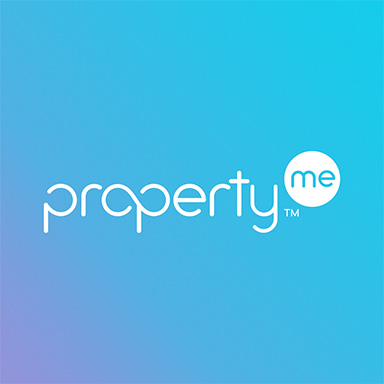As a property manager, you know the majority of clients won’t have many reasons to make a complaint. However, when you do encounter a complaint, it can lead to feelings of anxiety and frustration akin to losing your keys; you don’t know when or how the situation may end, and you can’t brush it to one side in the hope it will resolve itself.
While it’s impossible to keep every single landlord and tenant happy all of the time, it’s essential that all complaints, no matter how big or small, are dealt with in a swift and courteous manner that doesn’t leave them feeling neglected or unimportant. Effective communication with your clients is key.
Here are some ways to handle situations to ensure you ‘find those keys’ in no time at all:
Move Fast
You aren’t expected to solve every problem immediately, but tenants and owners don’t want to be left in the dark, wondering what’s happening. With research showing that tenants expect a response within 2 hours, the best practice is that you address the issue as soon as reasonably possible.
A quick email or phone call to acknowledge the problem can put an owner’s or tenant’s mind at rest and nip any potential outbursts in the bud. Given complaints are most likely to come from tenants, you should always pass any information on to owners as soon as possible.
They aren’t likely to be impressed if you dump an entire backlog of potentially costly issues on them at once. In short, fast, upfront and free-flowing communication between all parties is essential for expectation management and maintaining peace.
Assess The Legitimacy of Tenant Complaints
Is a tenant being driven up the walls because of broken front steps, a plumbing job which is taking ages to complete, or because the door handles are loose? As a property manager, it is your job to act as a mediator between owners and tenants; not just be the messenger who relays information between the two parties.
Make recommendations to landlords if it’s in their best interests, as it’s what great property managers are expected to do. However, you should know what is a legitimate complaint that needs to be logged, and what is an unwarranted remark that may not require action but, instead, the delivery of some hard truths.
Here are some minimum requirements that must be provided by landlords, and anything more is done in good faith as a reward for those good tenants.
Assign Priority to Property Maintenance Jobs
While those walls may be due for a lick of new paint, is that really as important as the badly broken step at another property? Common sense should prevail when tending to tenant requests, regardless of how important each tenant thinks their problem is. After all, each tenant is likely to think that their problem is the most important on your list!
Great expectation management can be crucial to ensuring clients aren’t left feeling undervalued, so good property managers should always provide an update and brief explanation if they can’t deliver by the promised due date, while also offering a new deadline that should never be missed.
Write Your Response and Document It!
If you’re Superwoman (it can certainly feel like you need to be sometimes!), then a lack of documentation is your kryptonite. While it may initially be easier to communicate over the phone, providing a written response helps reassure that the complaint is being dealt with, not to mention provides you with a reminder to take action.
Furthermore, documenting the entire process leaves you with a record of how and when the issue was resolved. Using a software package with an activity feed can help you stay on top of all correspondence and history of a particular property and/or contact, ensuring you’re never unsure of how a complaint was handled.
Paperless document storage also helps stop pesky bits and pieces of paper from going missing.
Whatever the basis for the complaint, handling it in a professional manner will help to keep the peace and ensure you maintain a high level of respect from both tenants and owners. While tenants and landlords are likely to be reasonable and compliant-free the majority of the time, they expect and are entitled to, a fast, swift, and honest response once they’ve lodged a complaint.


